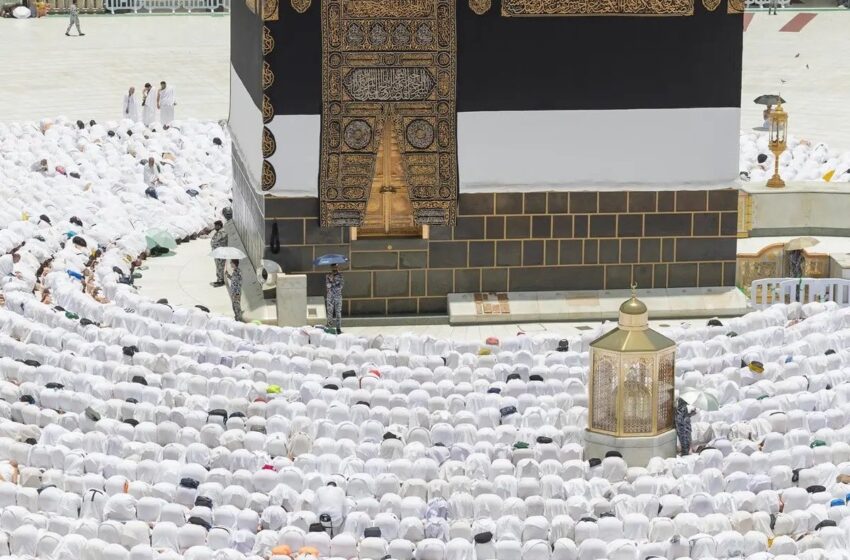S’Arabia, Sultan confirm new Islamic calendar year 1447 AH begins Thursday

S’Arabia, Sultan confirm new Islamic calendar year 1447 AH begins Thursday.
The Islamic New Year 1447 AH officially began on Thursday, June 26, 2025, as declared by the Supreme Court of Saudi Arabia. This announcement followed the confirmed sighting of the crescent moon on the evening of Wednesday, Dhul Hijjah 29, marking the start of Muharram — the first month of the Islamic lunar calendar.
According to the Saudi Press Agency, the Supreme Court verified the moon sighting through credible testimonies and issued a statement offering prayers for King Salman and Crown Prince Mohammed bin Salman, alongside a call for unity among Muslims in the new year. The announcement was widely shared online, including by @HaramainInfo, the verified X (formerly Twitter) account for the Two Holy Mosques in Makkah and Madinah.
In Nigeria, the National Moonsighting Committee also confirmed the new Islamic year through a declaration by His Eminence, the Sultan of Sokoto, affirming Thursday, June 26, as the 1st of Muharram, 1447 AH.
READ ALSO
Hijrah 1446: Significance, origin… all to know as Muslims mark New Year Calendar
Muharram is one of the four sacred months in Islam and holds immense spiritual importance. During this month, acts of worship, self-reflection, and peace are especially encouraged. Warfare and conflict are traditionally avoided during this time.
A particularly significant day in Muharram is Ashura, observed on the 10th day of the month. In 2025, Ashura will fall on Saturday, July 5. The day is revered for several historical events, most notably the salvation of Prophet Musa (Moses) and the martyrdom of Imam Hussain, the grandson of Prophet Muhammad (peace be upon him), at the Battle of Karbala. Many Muslims around the world mark the day with fasting and prayer. It is a recommended Sunnah to fast on the 9th and 10th or 10th and 11th of Muharram for additional spiritual benefit.
The Islamic (Hijri) calendar, unlike the Gregorian calendar, is based on lunar cycles and comprises 12 months: Muharram, Safar, Rabi’ al-Awwal, Rabi’ al-Thani, Jumada al-Awwal, Jumada al-Thani, Rajab, Sha’ban, Ramadan, Shawwal, Dhul Qa’dah, and Dhul Hijjah. Each month begins with the sighting of the new moon, which makes the lunar year roughly 10–12 days shorter than the solar year.
As Muslims around the world usher in 1447 AH, the beginning of the Islamic year is not just a chronological marker but also a time of renewal, reflection, and recommitment to faith and righteousness.

